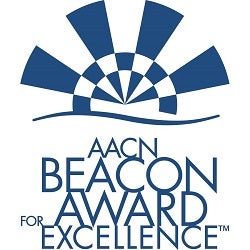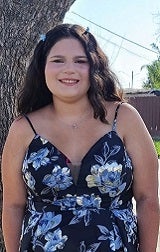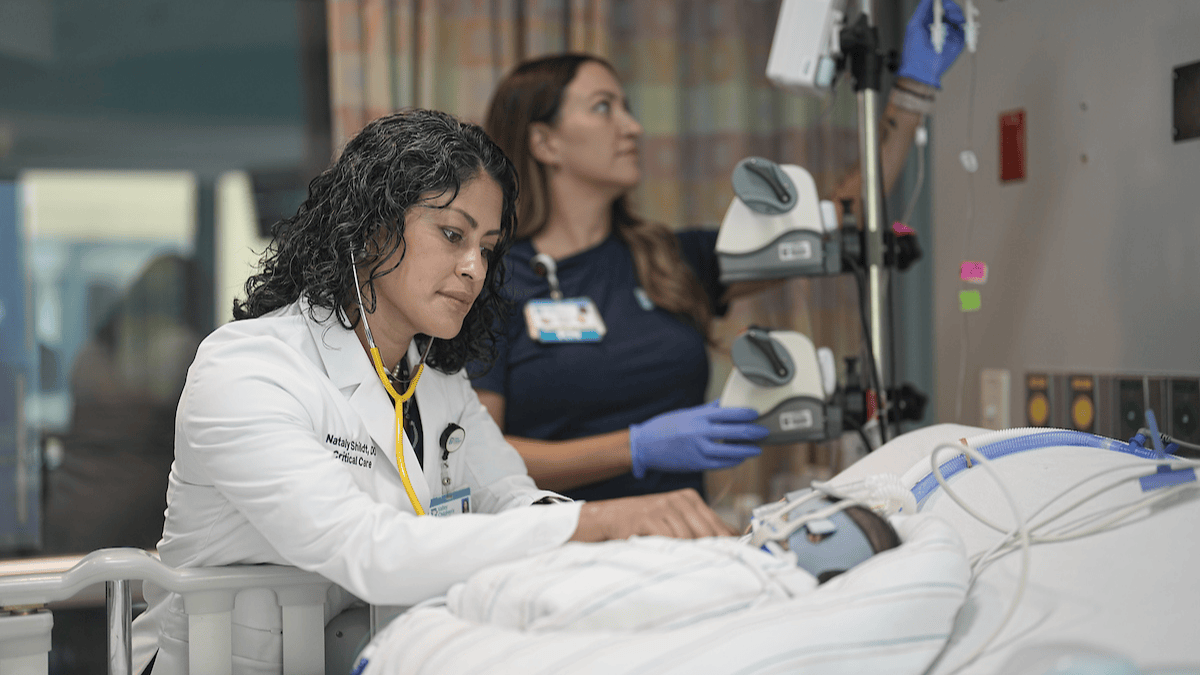Pediatric Intensive Care Unit (PICU)
 The Pediatric Intensive Care Unit (PICU) at Valley Children's offers 24/7 coverage by pediatric intensivists board certified in pediatric critical care and many with subspecialties in pediatric anesthesiology. Dedication to interdisciplinary care includes consultations provided by Valley Children's medical and surgical specialists.
The Pediatric Intensive Care Unit (PICU) at Valley Children's offers 24/7 coverage by pediatric intensivists board certified in pediatric critical care and many with subspecialties in pediatric anesthesiology. Dedication to interdisciplinary care includes consultations provided by Valley Children's medical and surgical specialists.
Our critical care team has received the Beacon Award for Excellence by the American Association of Critical-Care Nurses (AACN) for exceptional patient care and a healthy work environment. This prestigious award means that the PICU continuously aligns their practices with the AACN's rigorous standards while providing outstanding patient outcomes that rank among the best in the country. In 2024, Valley Children's received its fifth consecutive Beacon designation.
The PICU has 42 beds and over 130 staff, including 90 specialty-trained PICU nurses, respiratory therapists and other clinical specialists. Twelve of the ICU rooms are equipped to convert to surgical suites if an emergent event presents itself. The team cares for nearly 1,500 children and their families each year and is one of the largest in the country based on bed capacity. In the field of intensive care, severity adjusted mortality rate is a key baseline benchmark, and in this arena Valley Children's PICU is ranked in the best 10% in the country.
The mortality rates are collated from a validated data set which consistently ranks Valley Children's in the top 1-2 PICUs out of 33 benchmarked units for the past decade. Great teamwork between the PICU staff, transport team (both ground and air), and a board certified pediatric intensivist group, on duty around-the-clock, contribute not only to the PICU's great outcome data but also to the unit's high patient satisfaction scores. The intensivists' presence means that attending physicians are always in the unit, and residents are never left without the support of an experienced specialist.
From open-heart surgery on a heart the size of a walnut, to extracorporeal membrane oxygenation (ECMO) – a life-sustaining intervention for failing heart and lung function – we can provide all the expert pediatric intensive care your child needs. ECMO is life-support intervention for infants and children with potentially reversible life-threatening conditions and less than a 20 percent chance of survival; generally, ECMO improves survival to about 50 percent. Valley Children's ECMO survival rate is 71 percent since expanding services. Valley Children's ECMO team has received international recognition from the Extracorporeal Life Support Organization (ELSO) for demonstrating exceptional commitment to evidence-based processes and quality measures, staff training and continuing education, patient satisfaction and ongoing clinical care. This program is the only one of its kind in the Central Valley for infants and children and they have patient outcomes that have been in the top 10% to 20% in the world compared to other ELSO centers.
Services Offered & Conditions Treated
- Congenital anomalies
- Respiratory system
- Injury and poisoning
- Nervous system
- Circulatory system
- Perinatal conditions
- Endocrine, nutritional and metabolic conditions
- Infectious and parasitic diseases
- Digestive system
- Neoplasms
- Blood and blood-forming organs
- Musculoskeletal system
- Genitourinary system
- Residual codes
- Skin and subcutaneous tissue
- Ill-defined conditions
- Mental disorders
Meet Riley: An ECMO Hero

At 10 years old, Riley was a happy and healthy girl who enjoyed being part of the drama club at school.
When she began to feel tired often and sleep more than usual, her mom, Sarah, took notice. And when Riley's symptoms worsened with a cough and chest pains, she was quickly taken to Valley Children's Emergency Department (ED).
Click here to read Riley's story and learn how an early diagnosis and access to ECMO at Valley Children's Hospital was lifesaving.
